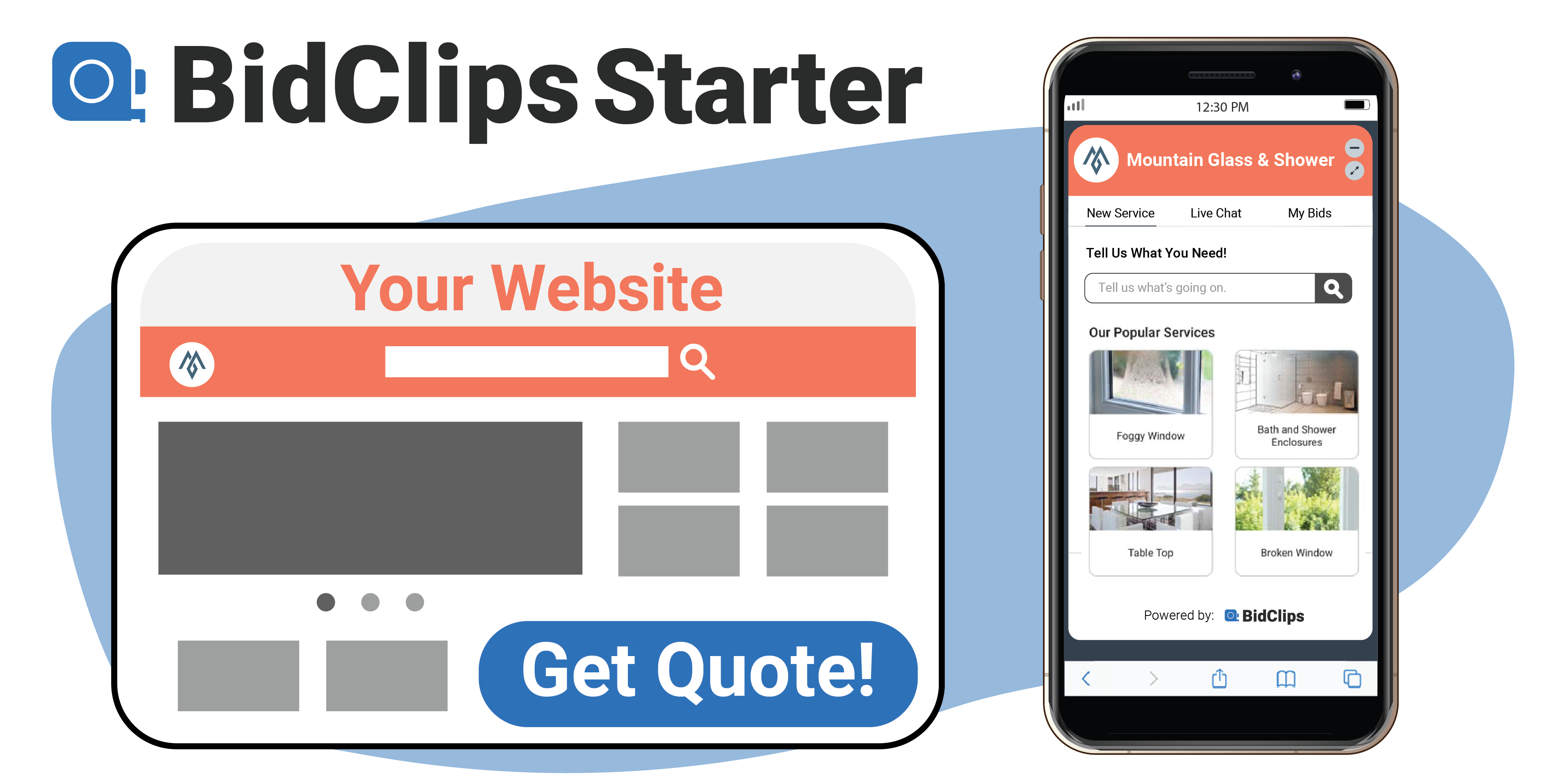Are You the Right Kind of Busy?
“I’m too busy;” Something we’ve all either said or heard someone say about their business many times. The phrase can be worn by companies as a badge of honor - especially in the home service industry. Busy-ness can be good - outwardly, it says, “success, desirability, competence.” We think it says, “I have more work than I know what to do with, I don’t have to put in effort to bring in customers and close sales, I just have to get the jobs done in front of me.”
To all those people, and maybe you, the reader, I have to ask one question…. Are you the right kind of busy?
The more pertinent questions to ask yourself are: Are you organised? Are you truly efficient? Are your employees reaching their time and value potential? Are you happy? We call this being “better busy,” and I have 3 strategies you can implement to help you get to this place.
My goal is to make sure you are doing the tasks that will actually bring long term, lasting benefit to your company - not just busy and barely holding your head above water. No one wants success to be just a flash in the pan, it needs to be a company lifestyle.
Implementing these three strategies will get you going in the right direction and over time, build a more sustainable company.
Book Out Your Schedule… With Deposits.
Many shop owners are nearsighted; they can only see about 4 weeks into their future and book jobs into that same window. They do themselves, their customers, and their employees a disservice by having this mindset.
They hurt themselves because they don’t lock in opportunity when it presents itself - we all know opportunities don’t last forever. They do their customers a disservice because they make them go searching for another provider that may or may not be available, and may or may not do as good of a job as the original shop. Lastly, they do a disservice to their employees, who want stability, job security, and a vision for where the company is going.
Now, maybe employees don’t want to know what job they have coming up next week, maybe customers want to make 20 calls to find a service provider, and maybe owners don’t want to have deposits in for work they won’t do for 2 months. But I doubt it.
To get customers to agree to the delayed service will take clear communication of your value, under promising and over delivering when it comes to timelines, and weekly connection/updates to keep the customer aware of the status of their service. Like waiting for a table to become available at a 5 star restaurant, customers understand that people who do quality work are in high demand.
Make The “Quote Chasm” Smaller
We have all had a lead call back to start their service only to realize their information has been displaced, or their quote needs to be started again from scratch. Or we hear, “Sorry we didn’t follow up with the quote, we have been so busy working.” This is called having a customer fall through the cracks...and it’s a big problem.
The “Quote Chasm” swallows up the endless barrage of inbound quotes that could go out and bring in business. Being “too busy” or having a poor salesflow buries all sorts of potential customers. The goal is to make the crack that leads fall through smaller. How many “hot leads” do you have stacked up on your desk that don’t get called back until there are no upcoming jobs on the calendar?
What if the lead had already been followed up with and closed months before your schedule dried up? You can fix these problems by utilizing programs like BidClips to automatically manage your leads and salesflow for you.
Every customer should get email & text follow-ups, at the very least, reminding them of their estimate. Programs like BidClips have automated follow-ups so you don’t have to manually type out an email or text message. Better yet, the program also tracks and alerts you to texts and emails from leads that are attached to existing service requests.
A phone call follow-up is best, but when you’re busy, this is the first thing that goes out the window. Software can help you continue to bring in work, even when you’re busy doing jobs.
Delegate
This may be the hardest, but most important strategy to implement. Scalability in a business is key for sustainable growth. Whenever you take on a new role within the company, ask yourself, is this role sustainable and scalable? If the answer is no, plan your way out of that role and someone else in.
When everything in the business has to run through you, your company's growth will always be capped by your own capacity. So when you find the right team members, give them responsibility, and let them help carry the load. Now you can move into more of an observational and managerial role.
The best way to do this is to utilize programs that enable you to track your team's sales, the number of jobs being executed, and operations, so you can see how much they are getting done without having to be there alongside them every step of the way.
Conclusion
These three strategies, when combined, will allow your company to grow into it’s full self. It will take time, and you will need the right people and tools, but once everything lines up you will be amazed at how much more your company can achieve with even less effort from you and your staff. Give yourself a chance to truly succeed and be “better busy.”


